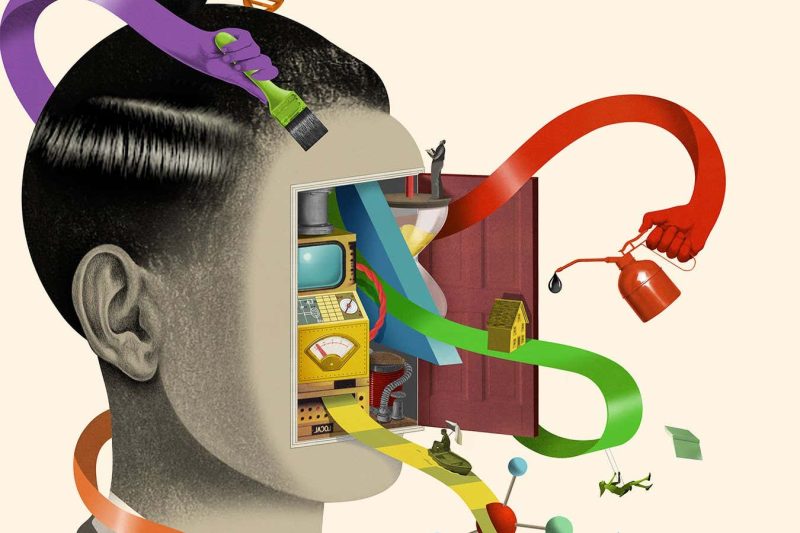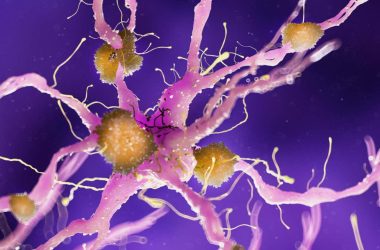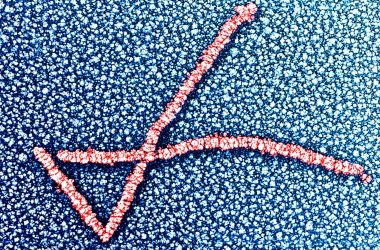Introduction: Uncovering the Mechanism Behind Cognitive Reserve
When faced with my mother’s dementia diagnosis, I began to contemplate the extent of cognitive decline and the mechanisms behind it. Despite her ability to adapt and compensate for brain damage caused by a stroke, she was unable to withstand the progression of dementia. This led me to question my own resilience to cognitive decline and what steps could be taken to prevent it.
Understanding Cognitive Reserve
For nearly three decades, scientists have observed that some individuals show normal brain function, even with the presence of plaques and other damage associated with dementia. This ability is known as cognitive reserve. While the importance of cognitive reserve is evident, unraveling its mechanism in the brain has been a challenge. However, recent research has shed light on these mechanisms, offering potential new directions for dementia treatments and strategies to protect cognitive abilities in old age.
The Misconceptions: Beyond Language Learning and Crosswords
Contrary to popular belief, cognitive reserve is not solely reliant on activities like learning another language or solving daily crosswords. While these activities can provide cognitive stimulation, they are only a small part of the bigger picture.
Exploring the Mechanisms Behind Cognitive Reserve
Scientists are now uncovering key insights into the mechanisms that underlie cognitive reserve:
1. Neuronal Plasticity
Neuronal plasticity refers to the brain’s ability to adapt and reorganize itself in response to damage or changes. It plays a vital role in cognitive reserve by allowing unaffected brain regions to compensate for those affected by disease or injury.
2. Cognitive Flexibility
Cognitive flexibility involves the brain’s capacity to switch between different mental processes and adapt to new situations. Individuals with high cognitive reserve demonstrate greater cognitive flexibility, enabling them to navigate around cognitive impairments caused by dementia.
3. Neural Connectivity
The connectivity between brain regions also plays a crucial role in cognitive reserve. Strong neural connections allow for efficient communication between different areas of the brain, enhancing overall cognitive function and compensating for any damage present.
The Implications: New Avenues for Dementia Treatment and Prevention
Understanding the mechanisms behind cognitive reserve offers promising opportunities for the development of new dementia treatments and preventative strategies:
1. Enhancing Neuronal Plasticity
Researchers are exploring ways to promote neuronal plasticity through interventions such as cognitive training programs and targeted brain stimulation techniques. By boosting the brain’s ability to adapt and compensate, these interventions may help preserve cognitive function in the face of neurodegenerative diseases.
2. Fostering Cognitive Flexibility
Interventions aimed at improving cognitive flexibility, such as mindfulness practices and problem-solving exercises, may contribute to enhancing cognitive reserve. By strengthening the brain’s adaptability, individuals may be better equipped to combat cognitive decline.
3. Improving Neural Connectivity
Research suggests that activities that promote neural connectivity, such as physical exercise and social engagement, can positively impact cognitive reserve. These interventions can enhance communication between brain regions, potentially mitigating the effects of neurodegeneration.
Conclusion: A Deeper Understanding of Cognitive Reserve
As our understanding of the mechanisms behind cognitive reserve grows, so does the potential for effective dementia treatments and preventative strategies. By acknowledging the multifaceted nature of cognitive reserve and exploring the various mechanisms at play, we can pave the way for maintaining cognitive abilities throughout old age.








